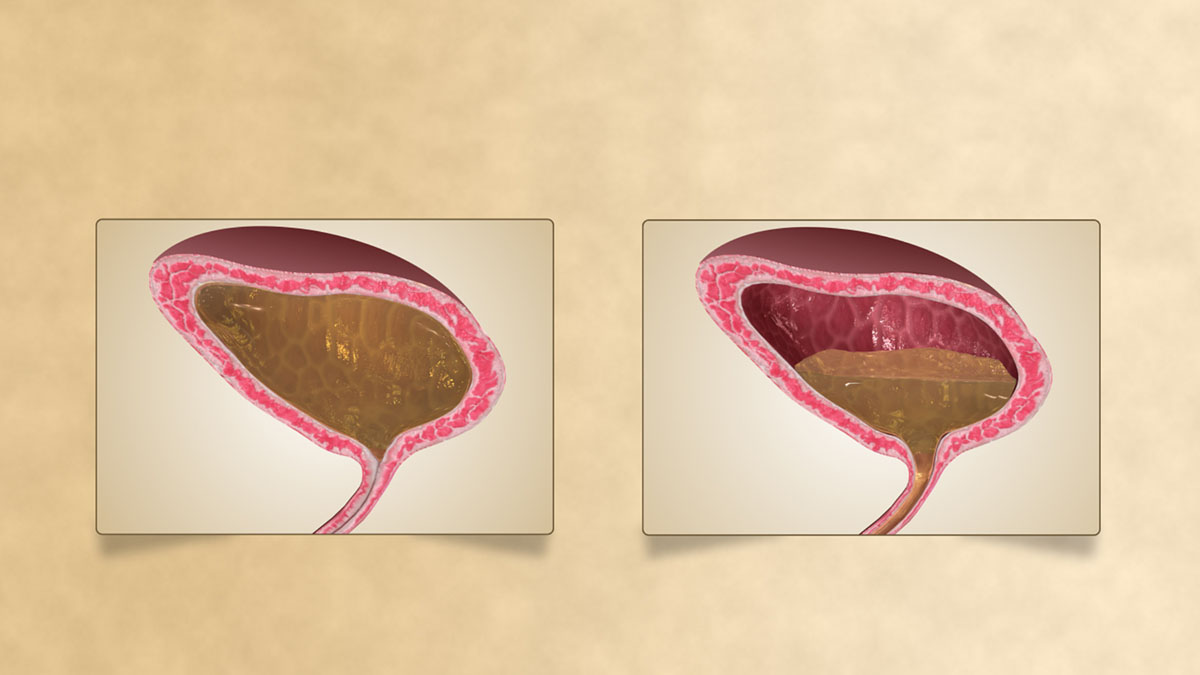
The bladder is a muscle tissue connected to the kidneys. The kidneys produce urine which is then stored in the bladder. You release urine through the urethra (a channel through which urine is released). The muscles under the bladder keep the urethra closed until it is full and there is an urge to urinate. When you go to the toilet these muscles contract and the urine makes way through the urethra.
An overactive bladder contracts when it is not full and a sudden urge to urinate occurs. The brain receives the wrong message that the bladder is actually full and if this happens frequently and unexpectedly and you can not postpone going to the toilet then you suffer from the overactive bladder syndrome. The cause can sometimes be an infection, problems with the prostate or kidneys, brain diseases or an injury of the spine, but the overactive bladder is often a syndrome which can occur without any obvious cause.
The symptoms of the overactive bladder include an urgent need to pass urine without the possibility to postpone going to the toilet, frequent desire to urinate (eight times and more), repeated visits to the toilet during the night, and passing the urine without control before reaching the toilet.
The overactive bladder syndrome is a very common condition in adults and the reason for this may be stress or consummation of the substances, such as coffee, alcohol or tea, which can stimulate frequent urination.
The treatment for the overactive bladder syndrome may involve bladder training which is the most effective procedure, bladder muscles exercises, drugs, and overall lifestyle changes. Some lifestyle changes include regular visits to the toilet and being neat it as much as possible, reducing the amount of caffeine which can be found in coffee, cola, tea or even some painkillers. Caffeine stimulates the production of urine and it worsens the condition of overactive bladder. It is recommended that you eliminate caffeine drinks even just for a short period to check if symptoms will get better. Alcohol can also cause overproduction of urine and it is advised that you exclude all alcoholic drinks. It is important to drink recommended amounts of liquid every day, which is around seven glasses of liquid. Reducing the consumption of liquid in order to reduce going to the toilet is not preferable because the urine may become concentrated and this can only cause irritation of the bladder.



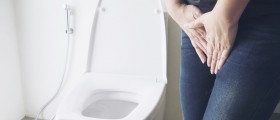
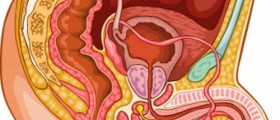

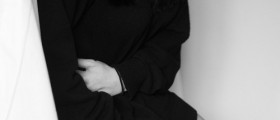

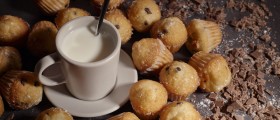
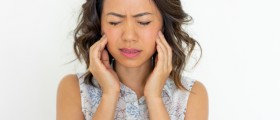
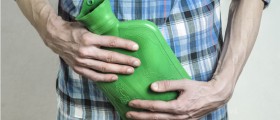
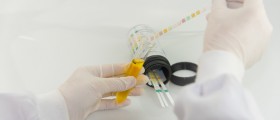
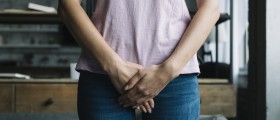
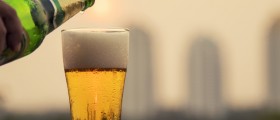
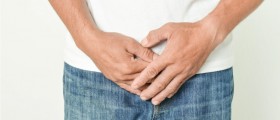
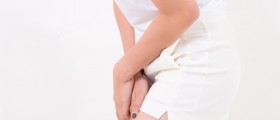
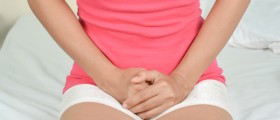
Your thoughts on this
Loading...